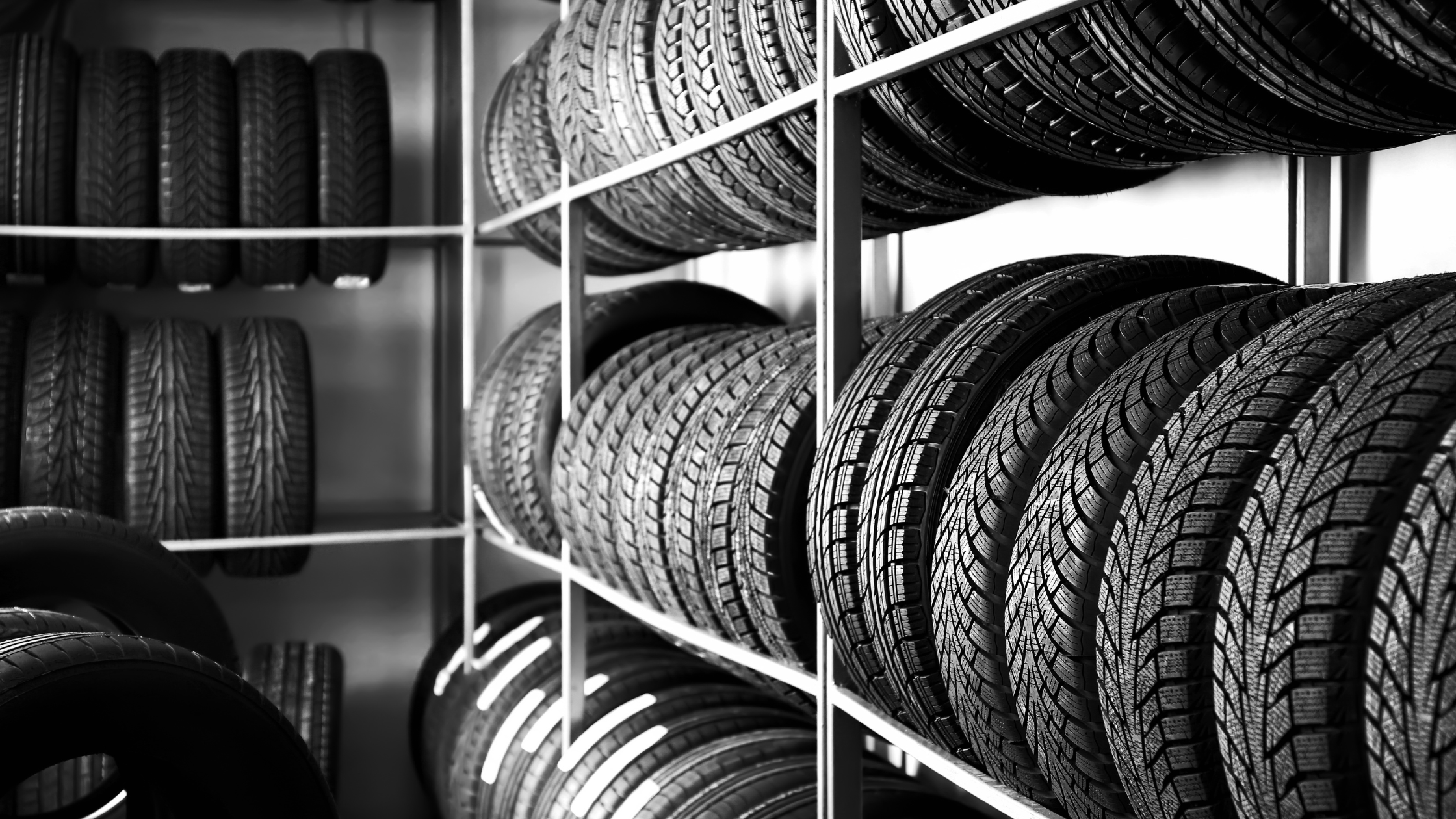 News
News
What precautions do I need to take when purchasing a Remold tire?
Tires are essential components for the safety and good performance of your vehicle.
With the high cost of new tires, remolded tires are a more affordable option for many drivers.
But is this the ideal choice for you? In this comprehensive guide, we will analyze everything you need to know about remolded tires, from their manufacture to care when purchasing.
What is a Remold tire?
A remolded tire, also known as a retread tire, is a used tire that goes through a restoration process to be reused.
The carcass of the used tire, which is still in good condition, is covered with a new rubber tread, giving the tire a new useful life.
Remold tire manufacturing
Manufacturing a remolded tire involves several rigorous steps to ensure the safety and quality of the final product. The main steps in the process are:
- Carcass selection: The carcass of the used tire is carefully inspected to identify any structural damage or defects that could compromise the safety of the tire.
- Cleaning and preparation: The casing is cleaned and prepared to receive the new tread.
- Tread application: A new rubber tread is applied to the carcass using precise methods to ensure uniformity and grip.
- Vulcanization: The tire is vulcanized under high pressure and temperature, to fix the new tread to the carcass and guarantee its durability.
- Final inspection: The remolded tire undergoes a rigorous final inspection to ensure it meets quality and safety standards.
Are Remold Tires Allowed by Law in Brazil?
Yes, remold tires are permitted by law in Brazil, as long as they follow the technical standards established by Inmetro (National Institute of Metrology, Quality and Technology).
Inmetro regulates the manufacture and sale of remolded tires, ensuring that the products meet minimum safety and performance requirements.
Pros and Cons of Remold Tires
Remolded tires appear as a more economical alternative to new tires. But is this option really worth it?
To help you decide, let’s analyze in detail the advantages and disadvantages of remolded tires.
Benefits
- Most affordable price: Remolded tires are generally significantly cheaper than new tires, which can represent considerable savings for the consumer.
- Sustainability: The remolding process contributes to environmental sustainability, as it reduces the disposal of used tires and the consumption of natural resources for the production of new tires.
- Satisfactory performance: Under normal conditions of use, remolded tires can offer satisfactory performance, similar to new tires.
Disadvantages
- Shorter useful life: The useful life of a remolded tire is generally shorter than that of a new tire, and may vary according to manufacturing quality and conditions of use.
- Risk of failure: Despite the rigorous manufacturing steps, there is an inherent risk of failure in remolded tires, especially in low quality products or with damaged casings.
- Lower performance in extreme conditions: In extreme conditions of use, such as heavy rain or high speed, remolded tires may perform worse than new tires.
Remold tire vs. New tire: What’s the difference?
The main difference between a remolded tire and a new tire is their origin. A new tire is made from virgin materials, while a remolded tire is made from the carcass of a used tire.
This difference can influence aspects such as:
- Lifespan: New tires generally have a longer lifespan than remolded tires.
- Performance: New tires can offer better performance in different situations, such as wet road conditions or high speed.
- Security: New tires generally have a lower risk of failure than remolded tires.
Care when buying Remold tires
- Consider the conditions of use: Evaluate the conditions of use of your vehicle and your needs before opting for remold tires. If you drive at high speeds, in adverse weather conditions, or over rough terrain, new tires may be a safer option.
- Keep your review up to date: Preventive inspection of your vehicle, including checking the tires, is essential to ensure the safety and good performance of your car.
- Pay attention to wear:Monitor the wear of remolded tires frequently, as their useful life may be shorter than that of new tires. Replace tires when necessary to avoid accidents.
Remold tires can be an advantageous option for drivers looking to save money, but it is important to be aware of their limitations and take the necessary precautions to ensure safety.
Remember: Choosing the ideal tire depends on your needs, your driving style and the conditions of use of your vehicle.
Consult a specialized professional for guidance on the best type of tire for your car.
 News
News